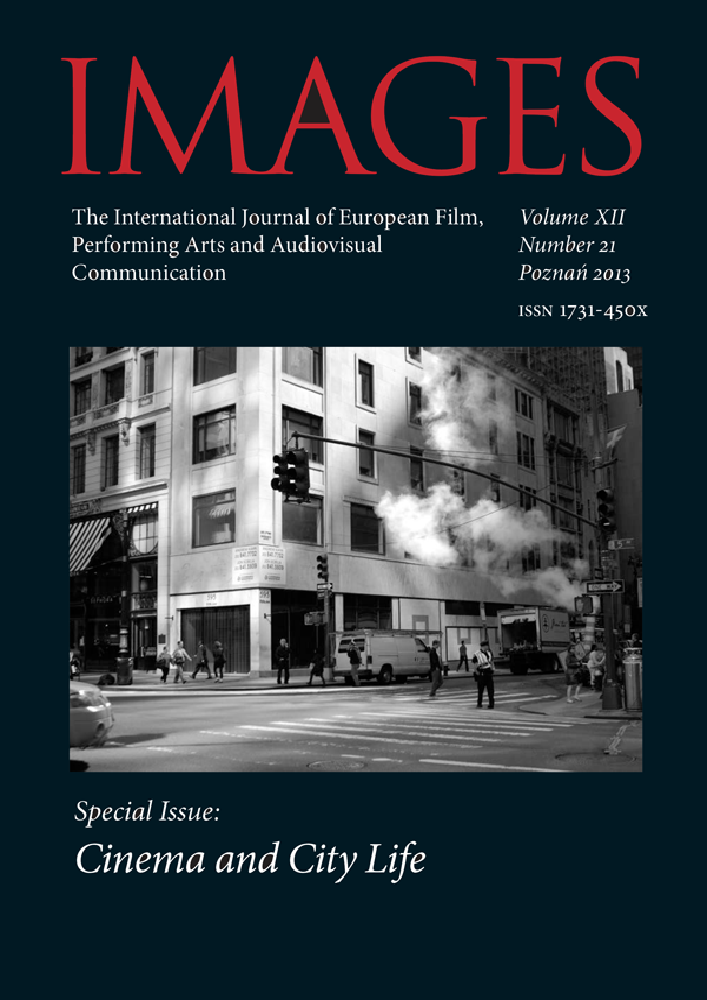Abstract
Macunaíma, the trickster-hero from old Amerindian legends, was in the 1960s an icon of the Brazilian Cinema Novo – a new wave film movement that was a response by artists to class and racial disparities. Joaquim Pedro de Andrade, the director of Macunaíma (1969), moves the eponymous hero out of his jungle and puts him into the modern, mechanized and restless big city. Not only are social problems strongly emphasized in the film – equally important is here the aspect of myth itself. Macunaíma enters the new world as a real old-time god who sees the city as his opponent. During his battle – full of trickery and plotting – it emerges that the difference between the Amazonian jungle and the concrete jungle are barely visible.References
L. Sá, Macunaíma and the Native Trickster, w: Bra¬zil Institute Social Report, Washington 2008, s. 2.
Th. Koch-Grünberg, Vom Roroima zum Orinoco. Ergebnisse einer Reise in Nordbrasilien und Venezuela in den Jahren 1911–1913, Reimer, Berlin 1917.
M. de Andrade, Macunaima, bohater zupełnie bez charakteru. Rapsodia, tłum. I. Kania, posŁ J.Z. Klawe, Wydawnictwo Literackie, Kraków 1983, s. 157–158.
Potęga mitu. Rozmowy Billa Moyersa z Josephem Campbellem, oprac. B.S. Flowers, przeł. I. Kania, „Znak”, Kraków 1994, s. 195–257.
I. Xavier, Macunaíma: The Delusions of Eternal Childhood, w: idem, Allegories of Underdevelopment. Aesthetics and Politics in Modern Brazilian Cinema, University of Minnesota Press, Minneapolis 1997, s. 133.
S. Dennison, L. Shaw, Malandragem and Jeitinho: Challenges to the Established Order, w: Popular Cine ma in Brazil: 1930–2001, Manchester University Press, Manchester 2004, s. 21–23.
License
Copyright
© by Adam Mickiewicz University, Poznań, 2013
OPEN ACCESS
